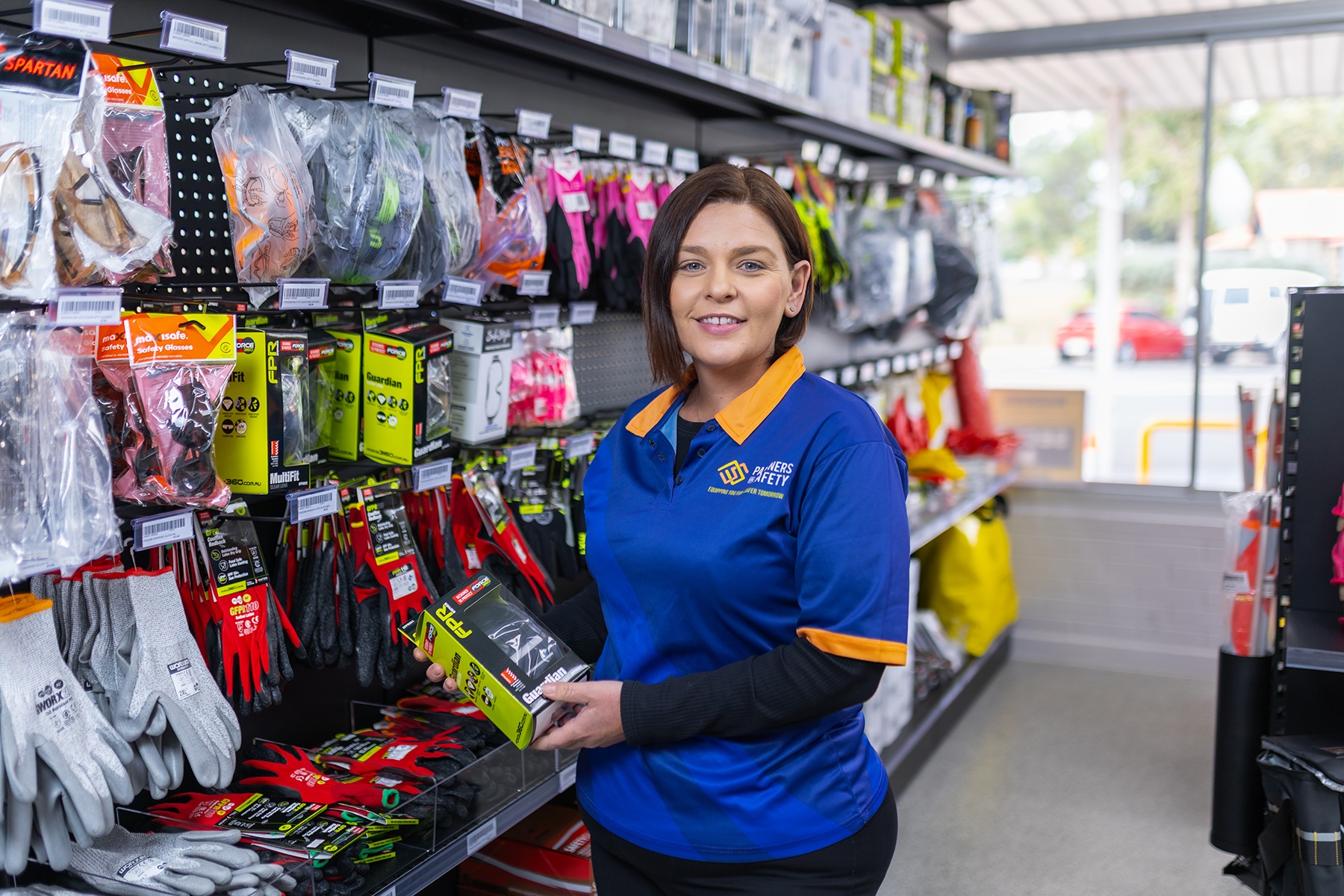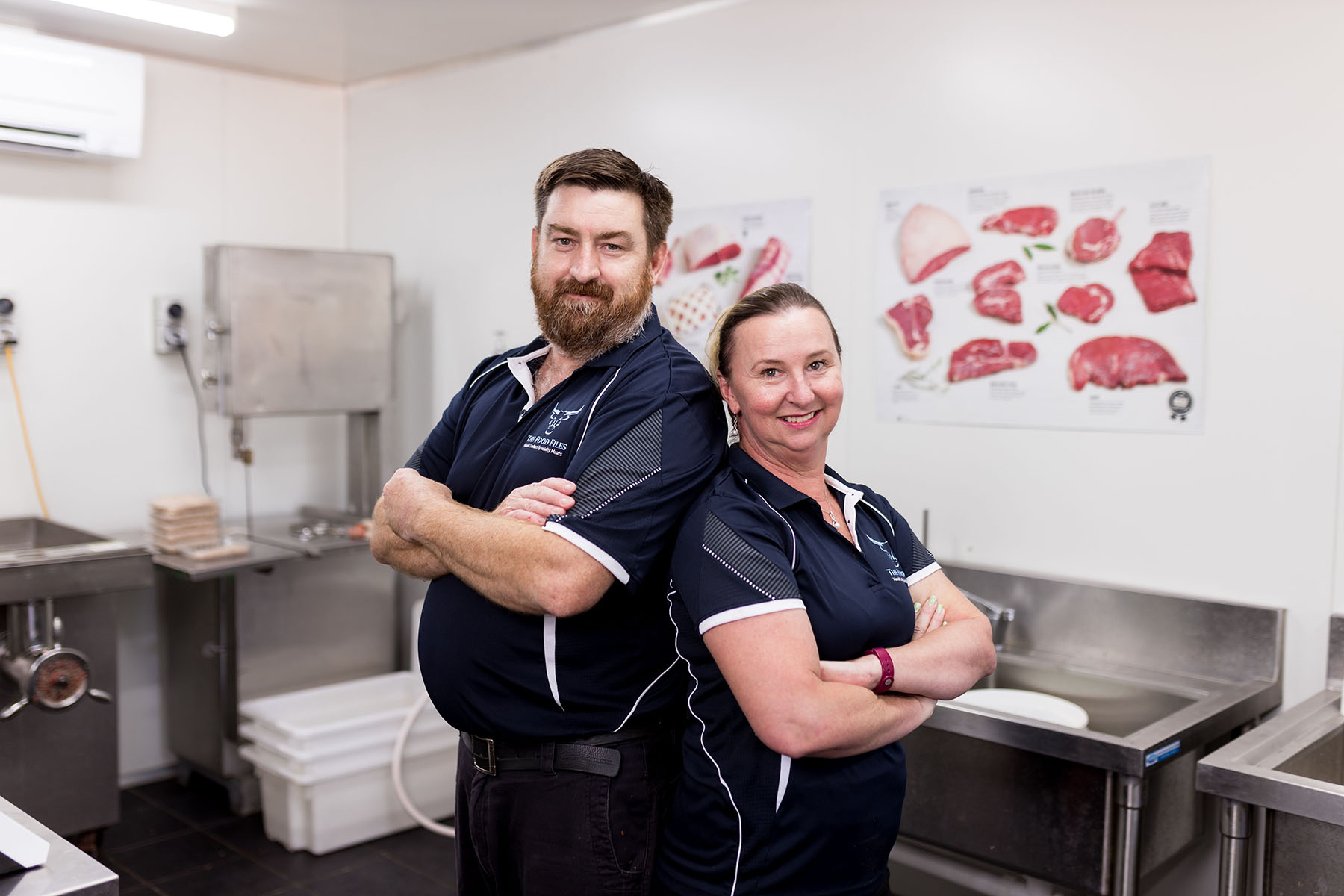
Selling online involves more than just having a great product or service. You need to choose platforms that align with your target audience, business goals and budget. Here are some expert tips on making the most of Meta’s Facebook and Instagram for your business.
Social media sales platforms are always evolving but according to digital marketing expert and founder of McNaught Media, Kasia Jones, Meta’s Facebook and Instagram platforms remain key players in the social commerce space.
Kasia shares her top tips to help you leverage the power of these platforms for your small business.
There’s no ‘one size fits all’ approach
As a starting point, Kasia recommends thinking about your business requirements and budget, what are you selling, who is it for, and how do people typically shop for it. From there, you can choose the platform that supports that journey.
“Choosing the best online platform will depend on factors such as what works best for your product type/business model, what your budget is, and who you’re going to be targeting. For example, younger audiences tend to hang out more on Instagram and TikTok, while older demographics are still very active on Facebook or Google.”
Choose a reliable eCommerce platform to sell products
“A platform like Shopify, WooCommerce or BigCommerce can handle product listings, payments and fulfilment. They also integrate with Meta Commerce Manager, allowing you to set up Facebook and Instagram shopping. This is ideal for physical products where customers can browse and purchase online with ease.”
Kasia notes that running an eCommerce store comes with ongoing costs to consider, such as platform fees, transaction fees, possibly even paid plugins.
“If your budget is tight, you can start with organic social content but be prepared to invest time into strong storytelling and visuals to grow without paid ads.”
Different platforms will work for service based businesses
“Rather than focusing on online sales, your goal with a service based business might be to build trust and drive enquiries or bookings. That means your website platform should align with your specific service requirements and make it easy for people to take the next step - whether that’s booking a call, filling out a form or downloading something. You may choose a platform like WordPress or Squarespace, with optional plugins for additional features.”
Kasia recommends a free Google Business listing for service based businesses that solve immediate problems, such as plumbers, accountants or physiotherapists.
“Having a free Google Business listing and/or running Google Ads can work really well. You’re reaching people with high intent who are actively searching for your services in their local area. Meta Ads are great for building awareness, but they’re usually less direct in terms of buyer intent.”

Businesses can’t sell on Facebook Marketplace
“Facebook Marketplace is designed for peer to peer selling,” notes Kasia. “This option is only for individuals (not Business Pages) to list products. It’s commonly used for selling second hand goods or local pick up items, but not well suited to building an eCommerce brand or scaling a business.”
Kasia notes that items listed on Facebook Marketplace must comply with Meta’s Commerce Policies and the Facebook Community Standards. Buyers and sellers are also responsible for complying with all applicable laws and regulations.
You can’t set up Meta Shops without an eCommerce platform
“In Australia, you can’t sell products through Facebook or Instagram Shops unless you have an eCommerce website connected to Commerce Manager. Meta is phasing out native checkout globally anyway, so you’ll need to connect a supported platform to access the full range of Facebook and Instagram shopping features including creating shoppable posts, stories and reels to enhance product discovery through a streamlined shopping journey.”
“If you’re just starting out, marketplaces like Etsy, Amazon or eBay can help place your products in front of buyers already searching. But long term, it’s smart to invest in your own website so you have full control over branding, sales, analytics and customer data and experience.”
Make the most of Facebook and Instagram shopping
Kasia notes that once you have an eCommerce platform set up, it’s definitely worth setting up Facebook and Instagram shopping to reach the 70 per cent of shoppers who turn to these platforms to discover new products.
“Facebook and Instagram Shops are especially useful for visual, product based brands — think fashion and accessories, homewares, skincare, art prints, pet products, or handmade and eco-friendly goods. They’re free to set up and designed with mobile shopping in mind, making them ideal for the more than 80 per cent of Aussies who shop via their phones.”
“Meta Shops are easy to integrate with your chosen platforms like Shopify, WooCommerce or BigCommerce to sync products, manage inventory and apply discounts. You can also customise your storefront for a more cohesive brand experience, including a visible ‘shop’ button on your Facebook and Instagram profiles.”
“You can then run ads that automatically promote your most relevant products to each person, based on their browsing or behaviour. This is great for both retargeting and prospecting your products. With Meta’s eCommerce advertising tools, you can tap into valuable data and insights via Commerce Manager and Ads Manager to track sales, clicks and engagement.”
“Once your Shop is set up, creators can also tag your products directly in their content which matters. In fact, 74 per cent of shoppers say they’ve made purchases based on influencer recommendations.”
Make sure you know and follow Meta’s rules
It’s essential to check the rules for your specific industry before setting up shops or advertising – and stay up to date with any changes.
“Meta’s Commerce Policies apply if you're setting up Facebook and Instagram Shops. Certain items are not allowed to be sold, including some supplements, digital products, subscriptions, and live animals. If you try to list a restricted item, it will be rejected automatically and won’t appear in your Facebook/ and Instagram Shops.”
Businesses in certain industries will also face stricter rules when it comes to Meta’s Advertising Standards.
“For example, cosmetic and wellness brands can’t use before and after images or advertise to under 18s. Ads also can’t promote negative self image or imply an ideal body type.”
“Finance and health related products may require disclaimers or verified claims, and alcohol and other restricted goods have specific age, country and creative restrictions - and in some cases can’t be promoted at all.”
Find out more
If you’d like to learn more, book your place in our upcoming Using Facebook and Instagram for eCommerce workshop, which will be presented by Kasia. You can also access a range of sales and marketing workshops offered by the SBDC for just $20, thanks to funding from the State Government.
For more Meta insights, read about these 5 Meta marketing mistakes to avoid.




